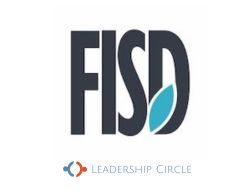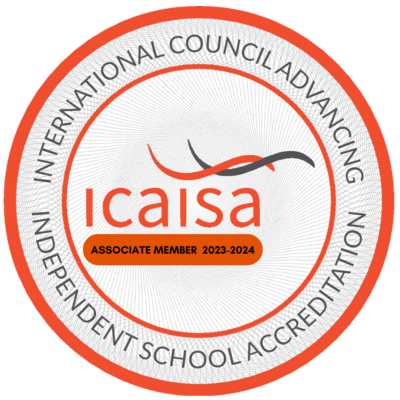 Emerging Trends in Coaching CulturesIn last month’s newsletter, I discussed the power of group coaching for transforming organizational cultures to nurture collaboration and feedback. A recent report from the Human Capital Institute (HCI) and the International Coaching Federation (ICF) shares extensive research on coaching cultures, exploring themes such as coaching and employee engagement, professional development for managers, and coaching's role in leadership development and change management. They found that as workplaces globally underwent profound transformations due to the pandemic, coaching cultures remained resilient. Despite challenges such as burnout, employee turnover, and the rise of remote work, coaching cultures thrived. The focus sharpened on leadership development, upskilling, and employee well-being, ensuring organizations remained adaptable and robust in the face of change. Organizations have embraced coaching in various forms, utilizing internal and external coach practitioners. A significant 85% of survey respondents reported working with managers and leaders who use coaching skills, signifying a commitment to fostering coaching cultures. Moreover, the study highlighted an increase in dedicated budgets for coaching initiatives, indicating the growing importance organizations place on coaching as a strategic tool. While coaching cultures continue to advance, there are challenges to overcome. The research identified a need to expand coaching opportunities for all employees, with only 27% of organizations providing access to coaching from professional coach practitioners for all staff. However, innovative solutions such as team coaching, digital coaching platforms, and artificial intelligence (AI) are helping bridge this gap. These technologies are not only making coaching more accessible but also fostering a more inclusive and effective coaching landscape. HCI and ICF's research illuminates the path forward for organizations aspiring to create robust coaching cultures. By embracing the evolving trends, leveraging diverse modalities, and incorporating cost-efficient solutions, companies can foster environments where coaching is not just a practice but a fundamental aspect of organizational strength and adaptability. As coaching cultures continue to evolve, staying abreast of these trends will be pivotal for organizations aiming to attract top talent and thrive in the ever-changing landscape of the modern workplace. Incorporating a coaching culture in your school will impact engagement and performance as well as promote healthy feedback skills. One of the first steps in creating a coaching culture is learning Essential Coaching Skills. NCAIS offers this course annually, so if you’ve missed the registration deadline for this year, reach out to Meghan Hilleboe to get on the list for next year! In addition, for customized team development or team coaching, partner with an experienced executive coach. |





















 .
. 
